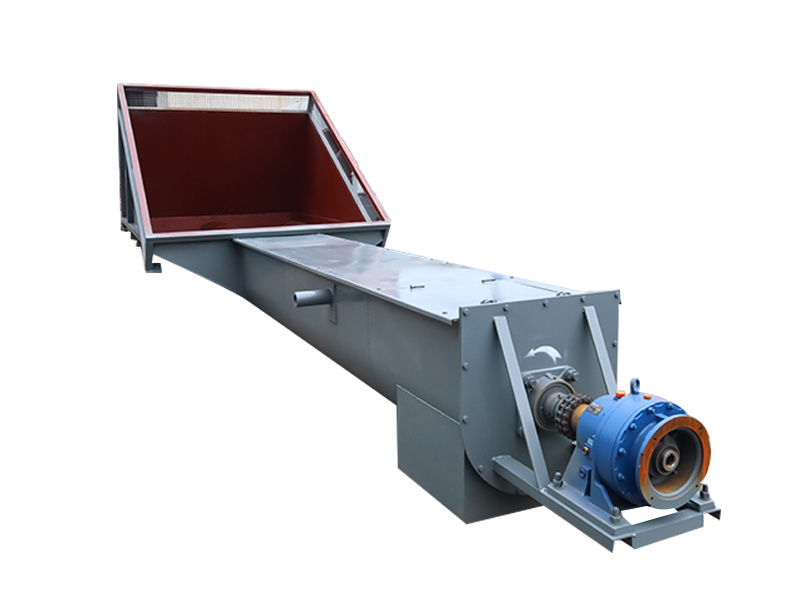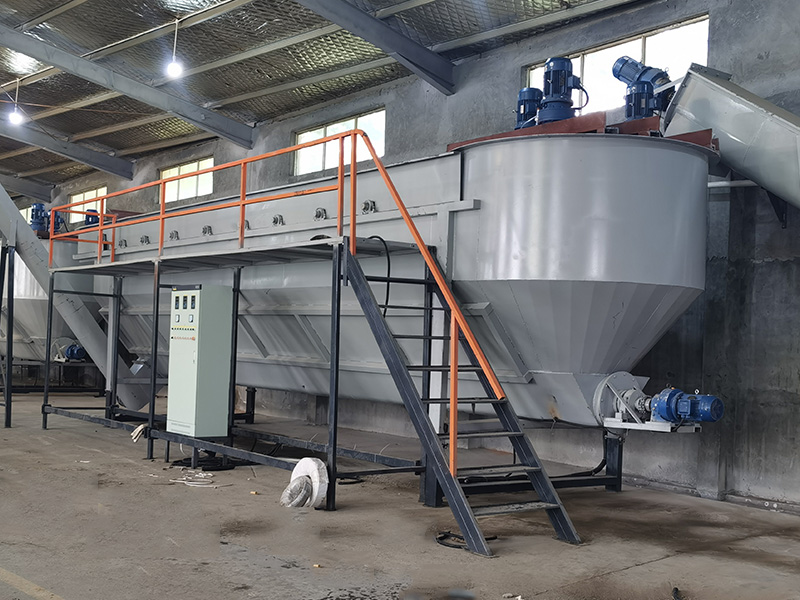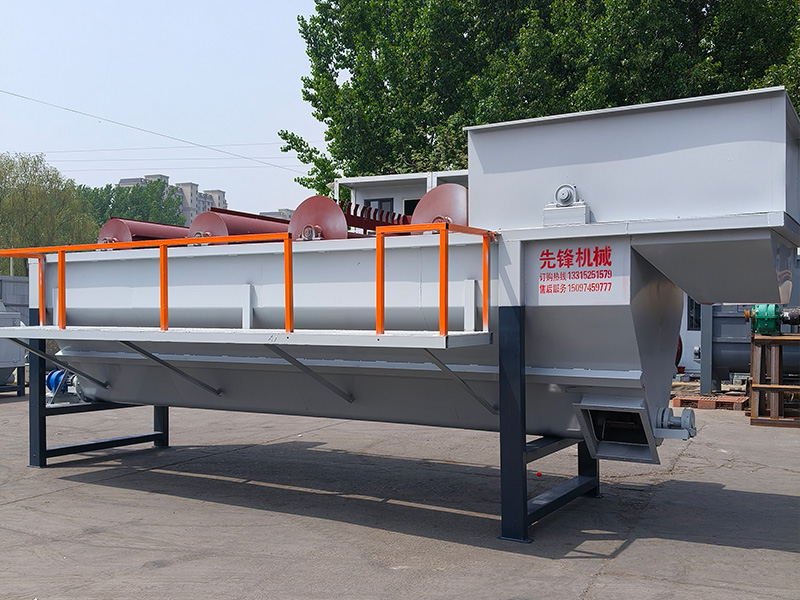Transforming Plastic Waste: The Future of Valorization in China
---
In recent years, the issue of plastic waste has garnered significant global attention, particularly in manufacturing and industrial sectors. China, being one of the largest producers and consumers of plastics, has recognized the pressing need for effective strategies to manage plastic waste. Plastic waste valorization, a process that converts waste materials into valuable products, is emerging
Jun 02,2025

---
In recent years, the issue of plastic waste has garnered significant global attention, particularly in manufacturing and industrial sectors. China, being one of the largest producers and consumers of plastics, has recognized the pressing need for effective strategies to manage plastic waste. Plastic waste valorization, a process that converts waste materials into valuable products, is emerging as a key focus in this domain.
Plastic waste valorization encompasses a range of innovative technologies and methodologies aimed at reducing plastic waste in landfills and oceans. One prominent approach is the chemical recycling of plastics, which involves breaking down plastic polymers into their original monomers or other useful compounds. This process not only helps in managing the waste but also enables the recovery of valuable raw materials that can be reused in manufacturing new plastic products.
Another method gaining traction is pyrolysis, where plastic waste is subjected to high temperatures in an oxygen-free environment. This thermal decomposition process converts waste plastics into fuels, waxes, or other chemicals that can serve as inputs for various industrial applications. The pyrolysis of plastic waste not only diverts material from landfills but also contributes to energy production, aligning with China’s goals of energy efficiency and sustainability.
Mechanical recycling is another avenue through which plastic waste valorization is achieved. This method involves physically shredding and reprocessing plastic materials into pellets, which can then be used to create new products. While mechanical recycling is widely practiced, the challenge lies in ensuring the quality and purity of recycled materials, as contamination can significantly impact their usability.
China's commitment to plastic waste valorization is also evident in its policy framework. The government has introduced regulations and incentives to promote recycling and the use of recycled materials in manufacturing. These policies not only support environmental sustainability but also stimulate economic growth by fostering innovation in recycling technologies and creating job opportunities within the industry.
Moreover, public awareness and participation play a crucial role in the effectiveness of plastic waste valorization. Educational initiatives aimed at informing consumers about recycling practices and encouraging responsible consumption can significantly increase the amount of plastic waste collected for valorization processes. Collaboration between government, industry, and the public is essential for creating a robust recycling ecosystem.
In conclusion, plastic waste valorization is a critical aspect of addressing the plastic waste crisis in China. By employing innovative recycling technologies and promoting responsible waste management practices, the country is not only reducing its environmental footprint but also transforming waste into valuable resources. As the global community continues to grapple with plastic pollution, China’s advancements in plastic waste valorization may serve as a model for sustainable practices in the manufacturing industry.
In recent years, the issue of plastic waste has garnered significant global attention, particularly in manufacturing and industrial sectors. China, being one of the largest producers and consumers of plastics, has recognized the pressing need for effective strategies to manage plastic waste. Plastic waste valorization, a process that converts waste materials into valuable products, is emerging as a key focus in this domain.
Plastic waste valorization encompasses a range of innovative technologies and methodologies aimed at reducing plastic waste in landfills and oceans. One prominent approach is the chemical recycling of plastics, which involves breaking down plastic polymers into their original monomers or other useful compounds. This process not only helps in managing the waste but also enables the recovery of valuable raw materials that can be reused in manufacturing new plastic products.
Another method gaining traction is pyrolysis, where plastic waste is subjected to high temperatures in an oxygen-free environment. This thermal decomposition process converts waste plastics into fuels, waxes, or other chemicals that can serve as inputs for various industrial applications. The pyrolysis of plastic waste not only diverts material from landfills but also contributes to energy production, aligning with China’s goals of energy efficiency and sustainability.
Mechanical recycling is another avenue through which plastic waste valorization is achieved. This method involves physically shredding and reprocessing plastic materials into pellets, which can then be used to create new products. While mechanical recycling is widely practiced, the challenge lies in ensuring the quality and purity of recycled materials, as contamination can significantly impact their usability.
China's commitment to plastic waste valorization is also evident in its policy framework. The government has introduced regulations and incentives to promote recycling and the use of recycled materials in manufacturing. These policies not only support environmental sustainability but also stimulate economic growth by fostering innovation in recycling technologies and creating job opportunities within the industry.
Moreover, public awareness and participation play a crucial role in the effectiveness of plastic waste valorization. Educational initiatives aimed at informing consumers about recycling practices and encouraging responsible consumption can significantly increase the amount of plastic waste collected for valorization processes. Collaboration between government, industry, and the public is essential for creating a robust recycling ecosystem.
In conclusion, plastic waste valorization is a critical aspect of addressing the plastic waste crisis in China. By employing innovative recycling technologies and promoting responsible waste management practices, the country is not only reducing its environmental footprint but also transforming waste into valuable resources. As the global community continues to grapple with plastic pollution, China’s advancements in plastic waste valorization may serve as a model for sustainable practices in the manufacturing industry.
TAG:
Contact Us
E-mail :
Phone/WhatsApp:
Address:
Shunping, Baoding City, Hebei Province









